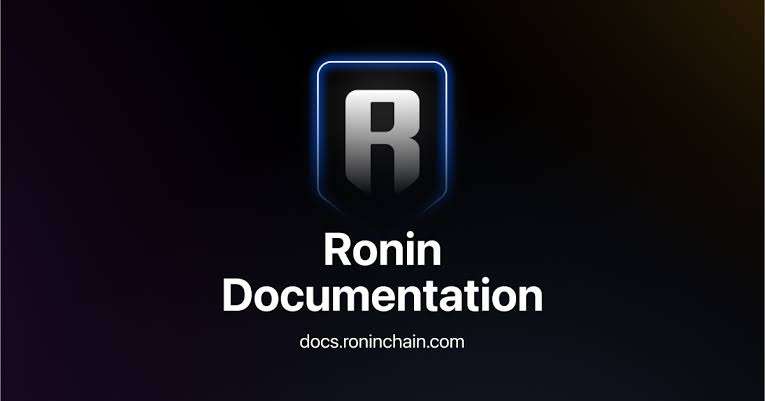Ronin, an Ethereum Virtual Machine (EVM) blockchain tailored for gaming, plans to integrate zero-knowledge Ethereum Virtual Machine (zkEVM).
Recently, Ronin, an Ethereum Virtual Machine (EVM) blockchain specifically for gaming, announced plans to integrate zero-knowledge Ethereum Virtual Machine (zkEVM) into its protocol to enhance its scalability.
The principal researcher, Phuc Thai, emphasized that zkEVM is the best expansion solution for Ronin after examining other methods, including optimistic and zero-knowledge (ZK) aggregation and modularization.
They intend to offer ZK rollups to third-party developers and integrate a ZK prover into its protocol. This endeavor is known as Enshrined ZkEVMs. If validators can launch their ZK rollup on Ronin after it reaches its blockspace capacity, developers can remain on the platform instead of exploring alternative blockchains.
Including zkEVM in their protocol would also make it easier for game developers to set up a validator node to initiate rollups. As a result, validators, users, builders, delegators, and RON token holders might all benefit from the game studio’s validator receiving transaction fees from Layer 2 users.
In addition, they intend to improve a number of decentralized apps, such as Katana DEX and Mavis Market, in order to eliminate excessive slippage fees that occur during swaps. Bridges across rollups will be possible with these decentralized apps. To further facilitate the relaying of cross-chain transactions, Ronin intends to launch a Cross-Chain Relayer Service.
Efforts to scale Ronin Blockchain, a platform for Web3 games, resulted in a dramatic increase in daily users
Designed with Web3 gaming in mind, Ronin is a blockchain that works with the Ethereum Virtual Machine (EVM). Ronin, founded by Axie Infinity’s Sky Mavis, aims to revolutionize blockchain gaming by fixing Ethereum’s most pressing problems, such as its high gas prices and slow transaction speeds. Currently, it uses the Delegated Proof of Stake (DPoS) consensus process to handle transactions at a rate of up to 100,000 TPS.
As of late, about 1.2 million people are using the blockchain on a daily basis. Implementing ZK rollups, according to the project team, will allow for even greater scalability to handle much larger user numbers.












